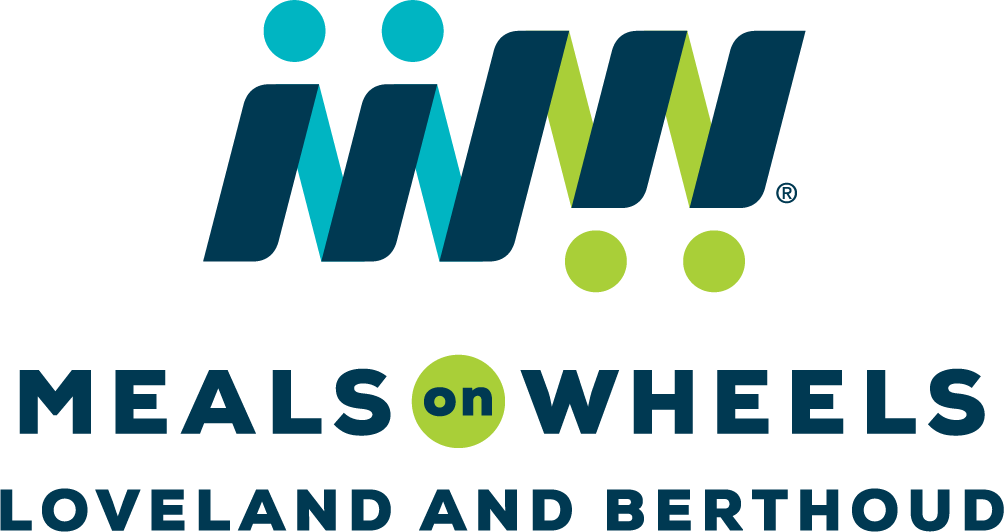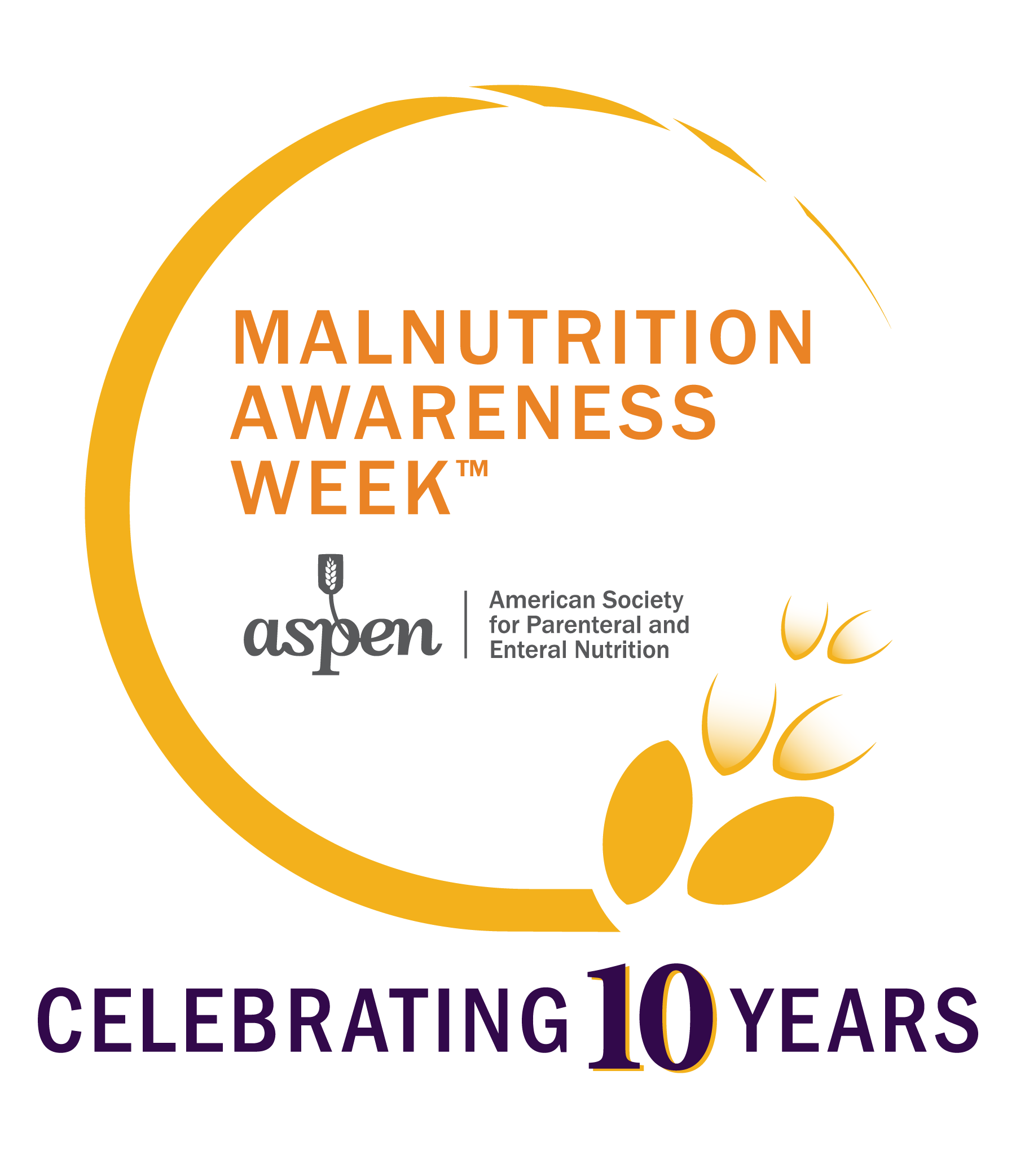Two Very Important Health Awareness Initiatives Celebrated this Week!
The week of September 18 - 24 is very important in the health and aging services communities. During this week, there are two national efforts designed to raise awareness and educate the public: Falls Prevention Awareness and Malnutrition Awareness.
The Importance of Falls Prevention Awareness
Falls are a national public health concern and it takes a team effort to help reduce fall risks.
Every 11 seconds an older adult is seen in an emergency department for a fall-related injury. However, many of these falls are preventable. Here are some tips to help prevent falls:
Find a good balance and exercise program. Look to build balance, strength, and flexibility. You can contact our Larimer County Office on Aging for referrals to these programs.
Talk to your health care provider. Many providers will conduct an assessment of your risk of falling. It is also helpful to discuss any recent slips or falls with your doctor.
Regularly review your medications with your doctor or pharmacist. Make sure side effects aren’t increasing your fall risks. Take medications only as prescribed.
Get your vision and hearing checked annually and update prescriptions. Your eyes and ears are key to keeping you on your feet!
Conduct a home safety audit. Remove tripping hazards, increase lighting in dark areas, make stairs safer, and install grab bars in key areas.
Talk with your family members and caregivers. Enlist their support in taking simple steps to stay safe. Falls aren’t only an older adult issue.
Fall prevention is important. Falls are the leading c ause of fatal and non-fatal injuries for older adults. 1 in 4 older adults (25%) experience a fall each year.
Injuries sustained from falls - such as hip fractures, broken bones, and head injuries require a lot of attention and can lead to other complications. They are also quite costly (average hospital cost for a fall is $30,000), and they can have a profound effect on one’s quality of life.
Nutrition is a Patient Right - and Malnutrition Awareness is Important, too!
Malnutrition Awareness Week is an annual and multi-organizational campaign created to:
help educate health care professionals about early detection and treatment options for malnutrition
educate the public on the importance of discussing nutritional status with healthcare professionals
increase awareness about the role nutrition plays in patient recovery
Malnutrition is a serious health concern that affects every system in your body. It can cause an increased risk for infections, slow down the healing process, create longer hospital and recovery stays, and can at times, increase the risk of death.
Malnutrition can oftentimes contribute to a higher risk of falling - making it even more important to learn about as we also focus on Falls Prevention Awareness during this time of the year.
Malnutrition isn’t always easy to see, so it is important to pay close attention to the signs that you or your loved one may be malnourished. Major signs of malnutrition include:
Sudden unexpected weight loss
Loss of appetite
Muscle weakness
Frequent nausea, vomiting, or diarrhea
Slow healing wounds
Feeling tired or fatigued
Swelling in your ankles, legs, or belly
Getting sick often
Individuals who suffer from chronic health conditions like diabetes, cancer, heart disease, or dementia are often at a greater risk of being malnourished.
At Meals on Wheels of Loveland and Berthoud, we work to help lessen the risk of malnutrition for all of our clients by providing healthy and tasty meals, full of the needed vitamins and nutrients that help older adults thrive.
Our dedicated volunteers also help serve as eyes and ears for our clients. They often notice when issues or even tripping hazards arise. They relay information to our team of Client Specialists so that we can help get the important resources and help they so often need.
You can learn more about how Meals on Wheels of Loveland and Berthoud is working to help lessen the risks of falling and lower the chances of malnutrition for the older adults we serve here.




